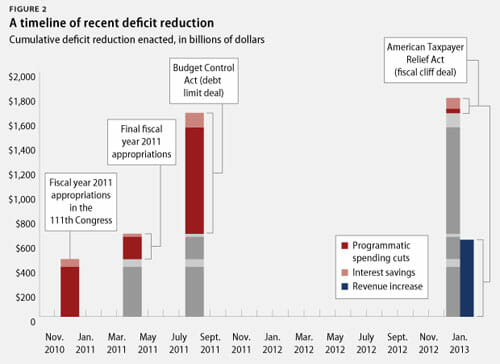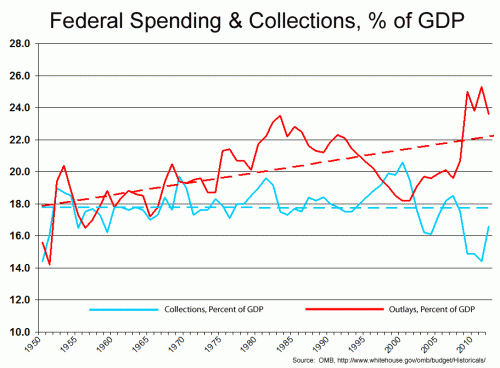I have gotten a lot of mail with moral support from readers as we try to deal with the fact that the White House has ordered privately-funded parks in the National Forest to close, flying in the face of all precedent and budget logic.
Many, many emails have encouraged me to disobey the order and keep the parks open for the public. There are three reasons why I have chosen not to do so.
1. Respect for Contract: In my 25 or so lease contracts with the US Forest Service (the USFS insists on calling them "special use permits" but legally they are essentially commercial leases), the contract language gives the Forest Supervisor of each Forest the right to suspend or terminate the contract for virtually any reason. Yeah, I know, this is a crappy lop-sided contract provision, but welcome to the world of working with the Federal government. So each Forest Supervisor has the right to suspend our lease. BUT....
The real question here is whether they have proper justification for doing so, or whether their suspension is arbitrary. In another post I discuss why this action is arbitrary and unjustified:
Historically, the USFS has only rarely used this contract power, and its use has generally been in one of two situations: a) an emergency, such as a forest fire, that threatens a particular recreation area or b) a situation where the recreation area cannot physically be used, such as when it has been destroyed by fire or when it is being refurbished. Never, to my knowledge, has the USFS used this power to simultaneously close all concession operations, and in fact in past shutdowns like 1995 and 1996 most all concessionaires stayed open.
Budget considerations alone cannot justify the closure order, as USFS concessionaires do not use Federal funds and in fact pay money to the Treasury. Closing us actually reduces the income to the Treasury as we pay our concession fees as a percentage of revenues. Further, the USFS does not have any day-to-day administration responsibilities for these parks. The only semi-regular duty is sometimes to provide law enforcement backup, but USFS law enforcement officers are still at work (we know this because they showed up to post our operations as closed).
The Administrative Procedure Act makes it illegal for a government agency to make a decision that is arbitrary, capricious or an abuse of discretion. To this end, the USFS has not actually closed the Forests and still allows camping in the Forests. Thus, the USFS considers it safe for people to be camping in the Forests and that doing so during the shutdown creates no risk of resource or property damage. In contrast, the USFS has made the decision that it is not safe to allow camping in developed campsites run by private concessionaires. The decision that developed campgrounds run by private companies must close, but undeveloped camping can continue, makes no sense and is arbitrary, capricious and an abuse of discretion. If anything, closing developed areas but allowing dispersed camping increases risks to public safety and for resource damage as developed concession areas are staffed and trained to mitigate such risks (that's the whole point of having developed recreation in the first place).
While we feel good we have a winning argument, this is a complicated point that does not lend itself well to civil disobedience, but we are taking it to court and seeking an injunction to the closure.
2. The wrong people would go to jail. Civil disobedience has a long and honorable history in this country. But the honor of such an act would quickly go out the window if I were to commit an act of defiance but others would have to go to jail. We run over a hundred sites. Telling my people to remain open would simply lead to getting my employees thrown in jail for trusting me and following my instructions. That would be awful. Just as bad, we can see from examples in the National Park Service that such disobedience would potentially subject my customers to legal harassment. It's not brave or honorable for me to be defiant but to have others pay the cost.
3. I could lose everything. I don't want to seem weak-kneed here, but I would be dishonest not to also raise the small but critical point that I have almost every dollar I own tied up in this company, which does over half its business in the National Forest**. My retirement and all my savings are in this one basket. I would likely risk an arrest and a few hours in jail plus the price of bail and months of court appearances to make a point here. I am not ready to go all-in with everything I own, not when there are other legal avenues still available. If that makes me a wimp, so be it.
** you can be assured that the moment I have one minute of extra time we are going to be working on diversifying away from the US Forest Service as much as possible.



